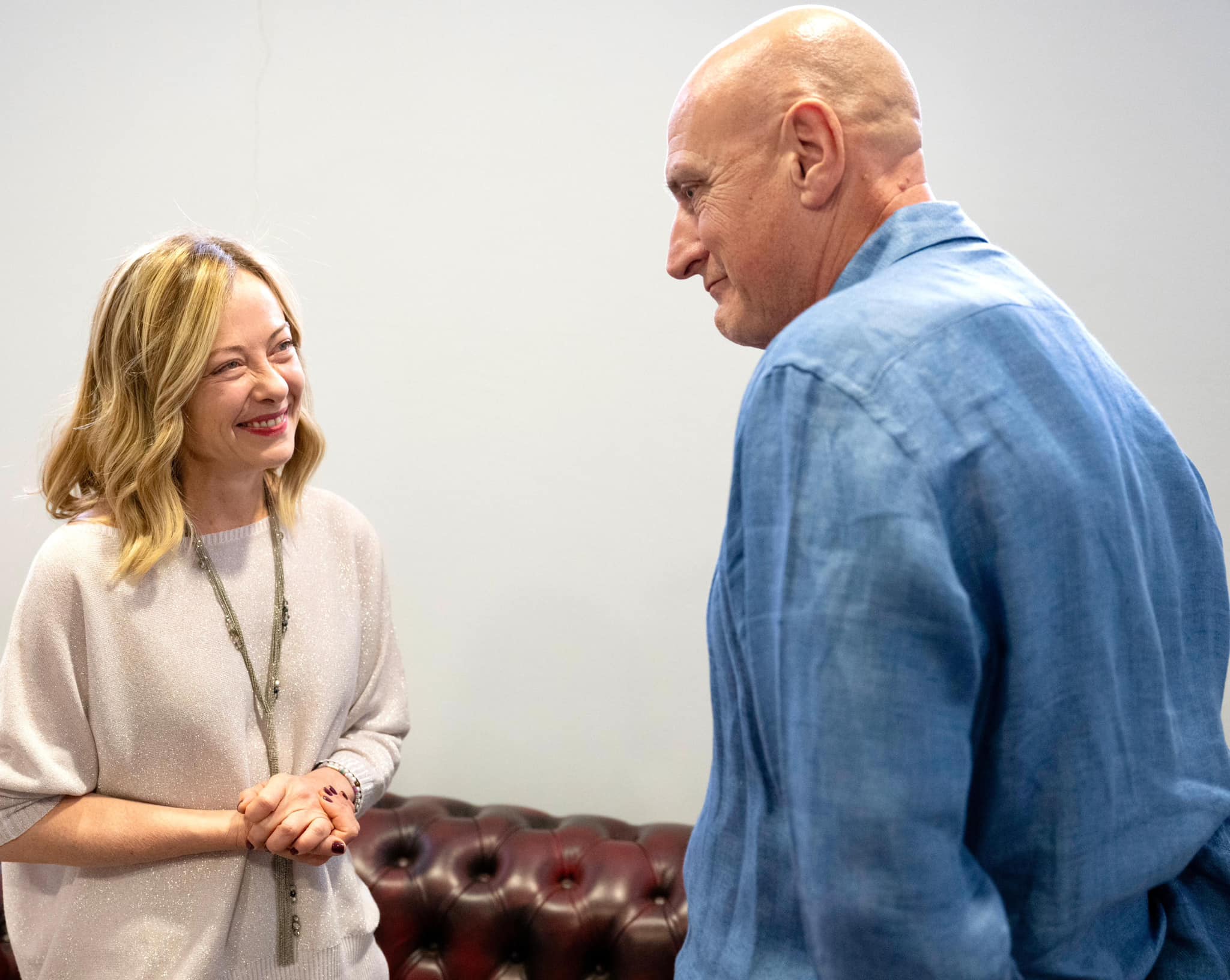Organizations representing more than 150 higher education providers across the country wrote to politicians and the government on Friday to say that a no-deal Brexit would lead to “an academic, cultural and scientific setback from which it would take decades to recover.”
The letter, signed by Universities UK, the Russell Group, GuildHE, MillionPlus and University Alliance, says “the valuable exchange of students, staff and knowledge would be seriously damaged.”
It notes that “as a sector which contributes over £21 billion to UK GDP every year and supports 944,000 jobs, it is critical to the national interest, to the economy, communities and wider society, that the UK’s universities thrive post-Brexit.”
The letter urges the UK government to “demonstrate the required ambition, put the right measures and guarantees in place, and, crucially, avoid the UK crashing out of the EU without a deal on 29 March.”
The Russell Group, which represents 24 of the leading universities in the UK, said on Friday that there has been a 3% decrease in EU student enrollments in courses for the 2018-19 academic year. The data showed that the decrease was “most striking” at the postgraduate level.
Hollie Chandler, a senior policy analyst with the Russell Group, said in a statement that it was “fair to assume that uncertainty over Brexit and the UK’s future relationship with Europe could be a significant factor.”
“The drop in postgraduate research courses is especially troubling — these students contribute directly to the UK’s research capacity,” she said, adding that if the UK leaves the EU without a deal, “uncertainty felt by prospective European students will only get worse.”
In the letter to lawmakers, university leaders reiterated that 50,000 EU staffers, 130,000 EU students and 15,000 UK students studying in Europe “are starting the new year facing significant uncertainty about their futures.”
Professor Janet Beer, president of Universities UK, warned in a statement that “world-leading academics and researchers” may turn their backs on the UK for countries with access to EU funding programs.
The UK is the most successful country for hosting European Research Council grantees, who have won a number of prestigious prizes, including Nobel Prizes. Germany is the biggest competitor for these grants.
“We are home to one of the best research systems in the world, attractive to stellar academics, top students and global partnerships, and we must not let this be compromised by a no deal Brexit,” Beer said.
Professor Nancy Rothwell, president and vice-chancellor of the University of Manchester, said university research at the forefront of science and medical breakthroughs “are only possible through EU research collaborations, on projects led by UK universities.”
Rothwell added that the university’s “vital and transformative research programs risk being disrupted,” such as its proton-beam therapy for cancer patients, which provides more precision when targeting tumor sites and minimizes tissue damage.
She said that the risks of a no-deal Brexit would mean a “serious setback for the fields of discovery and many more.”










Leave a Reply